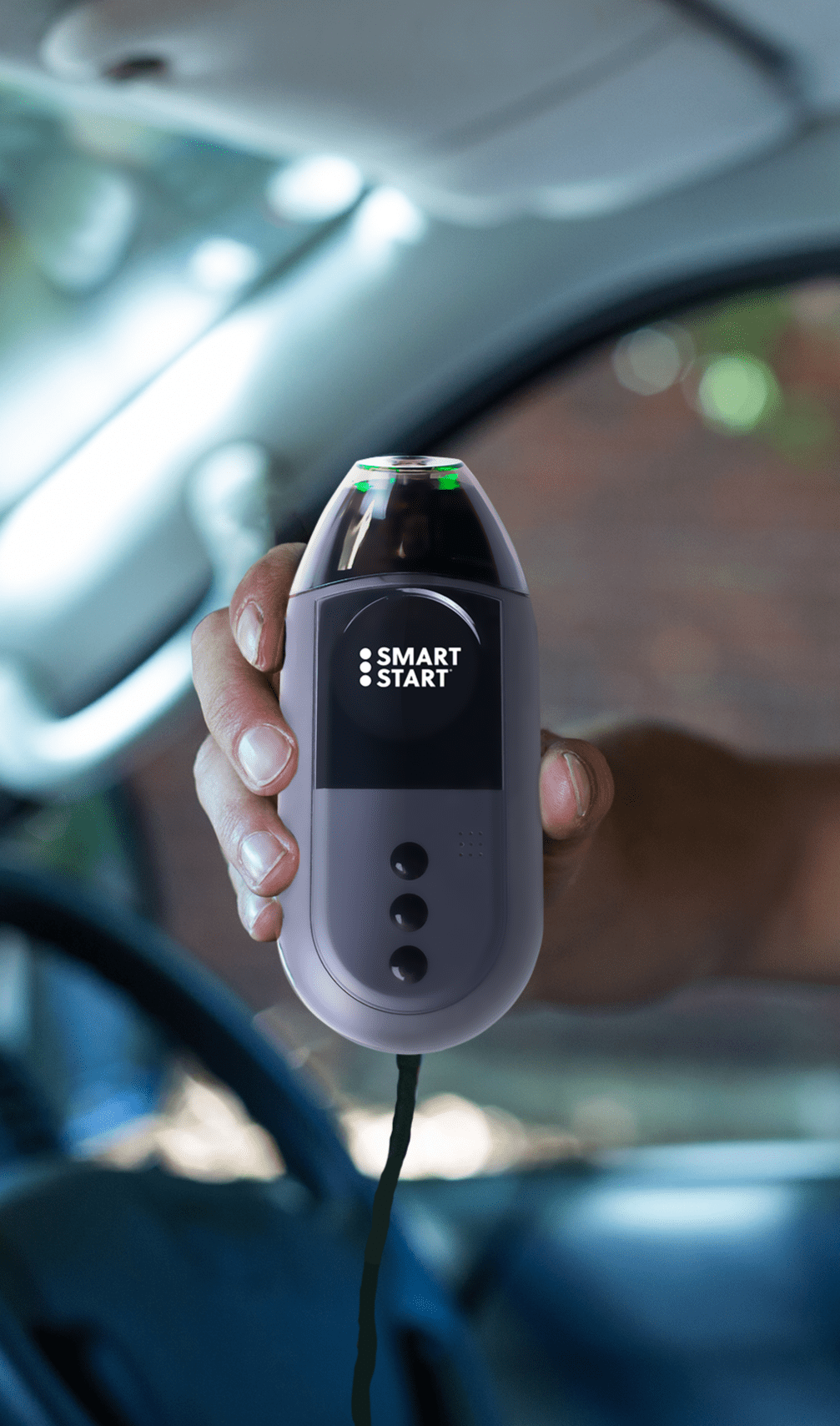What to Expect After a 2nd DUI in Colorado
Getting a DUI can be a highly stressful experience, especially if it’s not your first offense. This is because the DUI penalties can be more severe if you already have a record, and you may not know what to expect.
If you’re facing a second DUI in Colorado specifically, you can prepare yourself by reviewing the Colorado DUI laws. You may already have some background knowledge from overcoming your first DUI, but researching the implications of a second DUI can help you navigate the process even better and ensure you get the right advice for your unique situation.
Fortunately, we’re here to help. Below, we break down everything you need to know about getting a second DUI in Colorado.
Legal Implications of a 2nd DUI Colorado
If you already have one DUI, you likely know that your first DUI in Colorado is a misdemeanor. However, you may not know that your second DUI is also a misdemeanor, not a felony.
In fact, in Colorado, your first three DUI charges are all typically misdemeanors. Although each subsequent DUI will have more intense penalties, they’ll still count as misdemeanors on your record. So, when is a DUI a felony in Colorado?
If you end up getting a fourth DUI, it will count as a class 4 felony. It’s important to note that if you seriously injure someone else while driving under the influence, your DUI could also come with a vehicular assault charge, which is also a felony.
Understanding DUIs and DWAIs in Colorado
Colorado has multiple types of DUI charges that cover different instances of impaired driving. Understanding each category can help clear up any confusion about what counts as a second DUI. Colorado’s main categories are:
- Driving under the influence (DUI) – Any time you drive a vehicle under the influence of alcohol or drugs, it can qualify as a DUI.
- DUI per se. – If you operated a vehicle with a blood alcohol content (BAC) of .08% or more, you can be charged with a DUI per se. In these instances, the court doesn’t have to prove that your driving ability was impaired. They only have to prove that you were intoxicated.
- Driving while ability impaired (DWAI) – DWAIs are typically less serious than DUIs and DUIs per se. They involve driving a vehicle with some degree of impairment due to alcohol or drugs.
Any charge involving driving under the influence can stack up over time. This means that if you get a DWAI and then a DUI, you would still be subject to the penalties for a second DUI. Even though first-time DWAIs have lower penalties than first-time DUIs, a second-time DWAI will also be treated the same as a second-time DUI.
Penalties for a Second DUI in Colorado
Getting a DUI can involve having your license revoked, serving jail time, paying fines, and completing community service. You’ll likely have to face more severe versions of those penalties for your second DUI. For example, your first DUI can come with up to $1,000 in fines, while your second DUI may involve up to $1,500 in fines.
A second DUI charge also typically comes with mandatory jail time. Although some people serve jail time for their first DUI, others can avoid a jail sentence altogether. Once you incur a second DUI, the law requires most people to spend a minimum of 10 days in jail.
Here’s a full breakdown of the legal penalties you can expect from your second DUI in Colorado:
- Your driver’s license will be revoked for one year.
- You will need to apply for a restricted license in Colorado
- You’ll serve between 10 days and one year of jail time.
- You may pay between $600 to $1,500 in fines.
- You may require an Ignition Interlock in Colorado installed for two to five years.
- You may be required to complete between 48 to 120 hours of community service.
The timing of your second DUI offense can also impact the severity of your penalties. For instance, if your first DUI occurred more than five years ago, you may get a more lenient sentence when it comes to jail time. Although Colorado doesn’t have an official lookback period—or a period of time after which your second DUI is treated like a first offense—judges may offer options like house arrest if it’s been five or more years since your last DUI.1
Probation and Monitoring
Second-time DUIs also come with probation requirements. Once convicted, you’ll be required to complete two to four years of supervised probation.2 If you need to serve jail time, you’ll start probation once you complete your sentence.
Typically, probation involves regular alcohol monitoring, meaning you’ll take regular tests to prove that you haven’t been drinking.3 You’ll also have regular meetings with your probation officer to discuss your progress and demonstrate that you’ve been abiding by the law. You may also be required to complete a drug and alcohol treatment program or attend classes about substance abuse.
While on probation, avoiding any issues with the law is critical. Committing even minor crimes violates your probation and could lead to serious legal DUI penalties, along with an extension of your probation. The following can also count as a probation violation:
- Missing meetings with your probation officer
- Failing drug tests
- Refusing to attend treatment
Additionally, during your probationary period, you’ll be required to install an IID in your vehicle to regain your driving privileges. You typically need to have your IID in place for two years for a second DUI conviction. The IID will test your BAC each time you want to start your car, and will only allow you to drive if your results show that you’re sober.
If you try to drive while intoxicated, the car won’t start, and the IID will create a record of your attempts. The court will closely monitor your IID reports to determine if they need to extend your probationary period.
Do DUIs in a Different State Count?
If you were convicted of your first DUI in a different state, the state of Colorado will still have access to your criminal record. Plus, most states participate in the Interstate Driver’s License Compact, which means that they handle DUI and traffic offenses from other states as if they occurred in-state.4
Put simply, your DUI history will essentially transfer over, and Colorado will consider your prior convictions when assessing your second DUI.
Tips for handling Your Second DUI
Whether you’re facing a second DUI charge or have already been convicted, it’s important to be proactive. The way you handle your DUI can have a significant impact on your ability to move past it and eventually regain your full driving privileges.
Here are several tips to help guide you through the process:
Work With an Experienced Lawyer
The penalties for a second DUI can vary. Hiring a lawyer with experience in DUI charges can help you work towards a lighter sentence. Reach out to your DUI lawyer when you have questions, and follow their advice at all times.
Complete All Probation Requirements
Make sure you thoroughly understand all the details of your probation and follow them to the letter. This means:
- Writing out important dates on your calendar, like court dates and meetings with your probation officer
- Ensuring you meet SR-22 insurance requirements
- Attending required classes
- Paying attention to and making note of key deadlines
Follow Traffic Laws Carefully
If you already have multiple DUIs, your main goal should be to avoid future legal trouble. Start by ensuring that your car’s registration is up-to-date and practicing defensive driving when you’re behind the wheel. Even small traffic infractions have the potential to interfere with your probation, so be proactive about driving safely.
Practice Sober Driving
Driving after a second DUI offense involves having an IID in your car to monitor your sobriety. The device will flag any attempts to drive while under the influence, and the court could use those attempts to extend your probationary period.
So, make sure you’re fully sober each time you use your IID to start your car.
Assess Your Relationship With Alcohol
Getting a DUI conviction is an opportunity to evaluate your relationship with drugs and alcohol. Consider using your second DUI as motivation to make better choices in the future when it comes to drinking and driving. Take your alcohol education program to heart and start building a sober support network to help you stay focused while on probation.
Overcome Your DUI Successfully With Smart Start
Getting an IID installed in your vehicle is one of the first steps you can take to move on from your second DUI conviction. Once you have your car breathalyzer in place, you can practice safe driving habits and start waiting out your IID requirement period.
Even better? Smart Start IIDs can help keep you on track while fulfilling your court-mandated requirements. They’re easy to install and come with 24/7 support from knowledgeable technicians who will have your back throughout every step of the process. Check out our available Ignition Interlock Devices today, and reach out when you’re ready to learn more.
Sources:
- Ann Toney PC. Colorado DUI: Second DUI Consequences. https://anntoneylaw.com/dui-second-offense/
- Thiessen Law Firm. 2ND DUI COLORADO: PENALTIES & DEFENSES. https://www.thecoloradotrialattorney.com/dui-attorney-aspen-2nd-dui-colorado/
- Colorado Springs Criminal Law. Probation for DUI Convictions in Colorado Springs. https://schwanerlaw.com/practice-areas/dui-defense/probation/
- James Newby Law. What If I Had a DUI In Another State? https://www.jamesnewbylaw.com/blog/dui-in-another-state/
Schedule an Installation
Get a quick and easy IID installation with Smart Start! Get started today!
¡Obtenga una instalación rápida y fácil de IID con Smart Start! ¡Empieza hoy mismo!
"* (required)" indicates required fields
Disclaimer
Meet the expert
Power Digital








